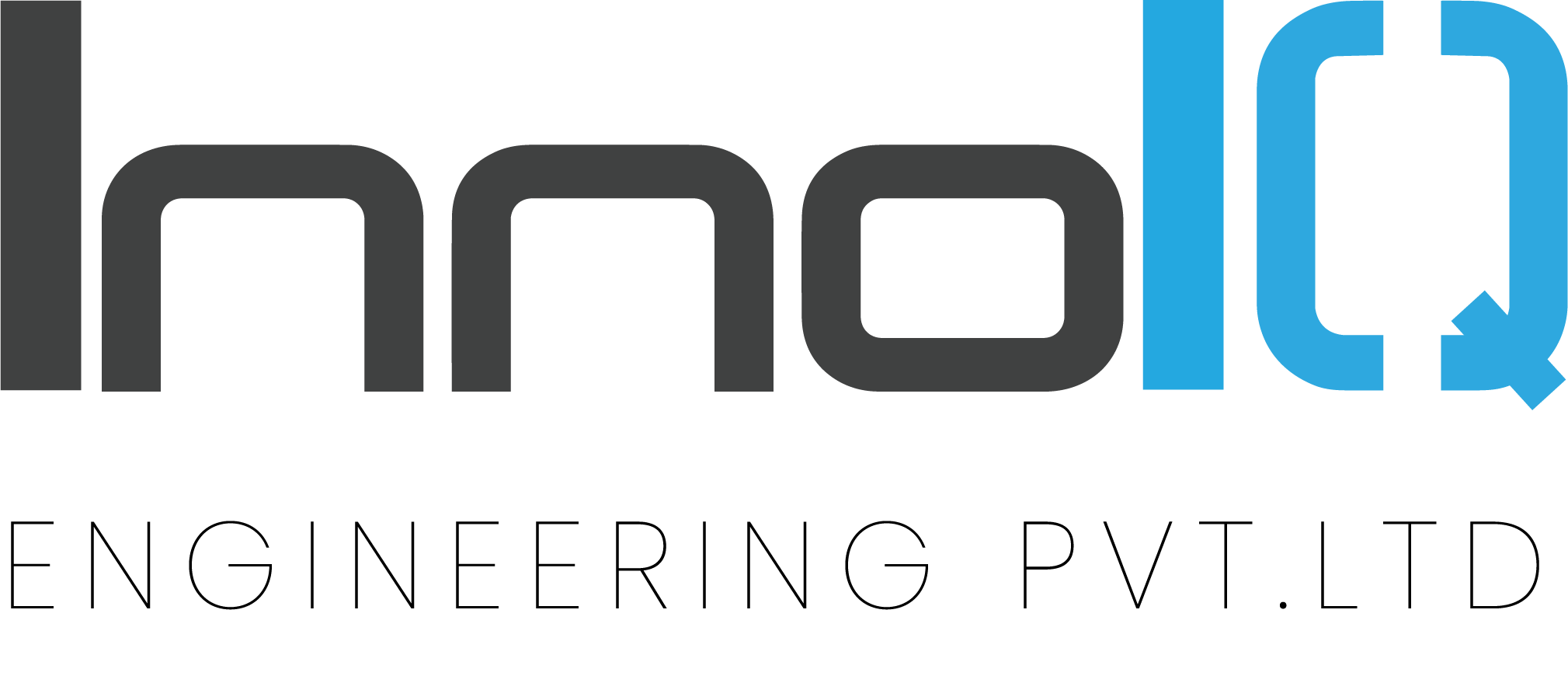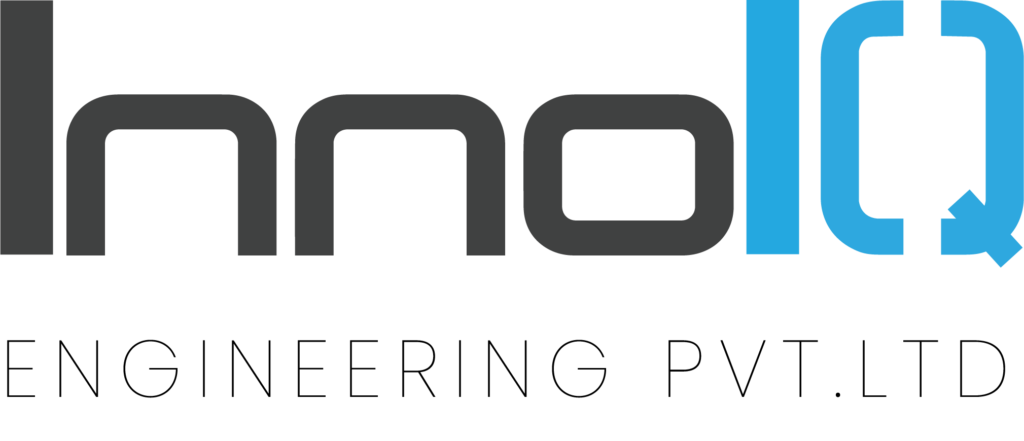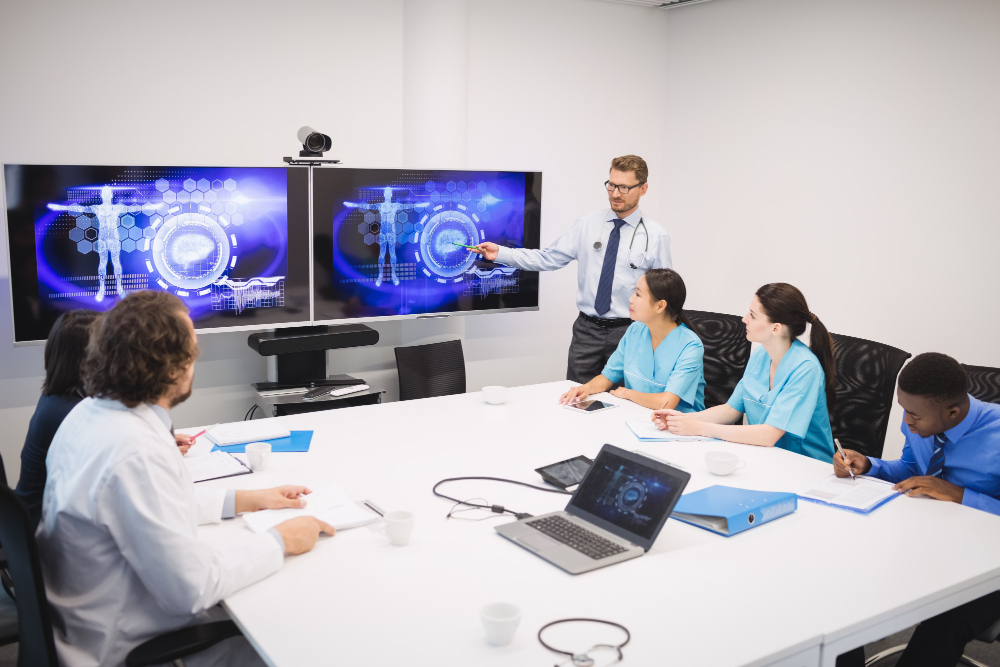
How InnoIQ Engineering is Making At-Home Treatment More Efficient
Introduction
Healthcare technology is evolving, and one of the most significant advancements in recent years is the rise of smart home healthcare solutions. With remote monitoring, AI-driven diagnostics, and smart medical devices, patients can now receive high-quality healthcare in the comfort of their homes. InnoIQ Engineering is at the forefront of this transformation, developing innovative solutions that enhance patient care, reduce hospital visits, and make at-home treatment more efficient.
The Growing Need for Smart Home Healthcare
The demand for home healthcare solutions has increased due to several factors:
- Aging Population – With a growing elderly population, there is a need for home-based healthcare solutions that provide continuous monitoring and support.
- Chronic Disease Management – Patients with conditions like diabetes, hypertension, and heart disease require ongoing monitoring, which can be efficiently managed with smart home healthcare.
- Post-Surgery and Rehabilitation Care – Remote monitoring and AI-driven rehabilitation tools help patients recover faster without frequent hospital visits.
- Pandemic and Infection Control – The COVID-19 pandemic highlighted the importance of remote healthcare, reducing the need for in-person visits and minimizing the risk of infections.
Key Innovations in Smart Home Healthcare
1. Remote Patient Monitoring (RPM)
One of the most impactful advancements in home healthcare is remote patient monitoring. Smart devices continuously track vital signs such as heart rate, blood pressure, oxygen levels, and glucose levels, providing real-time data to healthcare providers.
- Benefits of RPM:
- Reduces hospital readmissions.
- Allows early detection of health issues.
- Improves patient engagement and compliance with treatment plans.
2. AI-Powered Virtual Health Assistants
AI-driven chatbots and virtual assistants can provide medical guidance, remind patients to take their medications, and even schedule doctor consultations.
- How AI Virtual Assistants Improve Healthcare:
- Provide instant responses to common health queries.
- Analyze patient data to give personalized recommendations.
- Reduce the burden on healthcare professionals by handling routine inquiries.
3. Smart Medical Devices for Home Use
Wearable technology and smart medical devices allow users to monitor their health effectively. These include:
- Smartwatches and Fitness Trackers – Track heart rate, sleep patterns, and activity levels.
- Smart Glucometers – Sync with mobile apps to provide real-time blood sugar analysis.
- ECG Monitors and Blood Pressure Cuffs – Allow at-home cardiovascular health monitoring with instant sharing of results with doctors.
4. Telemedicine and Virtual Consultations
Telemedicine has transformed healthcare accessibility, enabling patients to consult with doctors without leaving their homes.
- Advantages of Telemedicine:
- Reduces waiting times and travel expenses.
- Enhances access to specialists, even in remote areas.
- Enables continuous follow-ups and treatment adjustments.
How InnoIQ Engineering is Leading the Way
At InnoIQ Engineering, we develop cutting-edge technologies that make home healthcare more efficient and accessible. Our innovations include:
- Smart Monitoring Systems – Seamless integration of wearable devices with AI-driven analytics to detect early warning signs.
- AI-Based Diagnostic Tools – Advanced software that analyzes patient data and provides real-time health insights.
- Telehealth Solutions – Secure, user-friendly platforms that connect patients with doctors anytime, anywhere.



